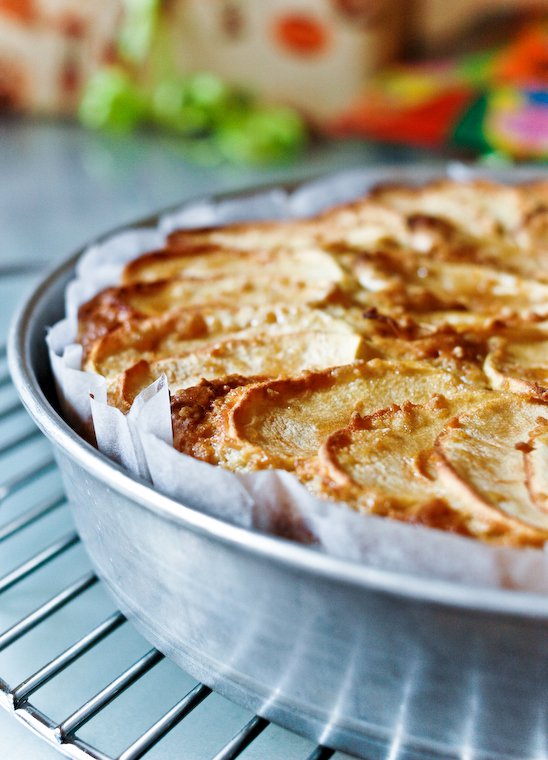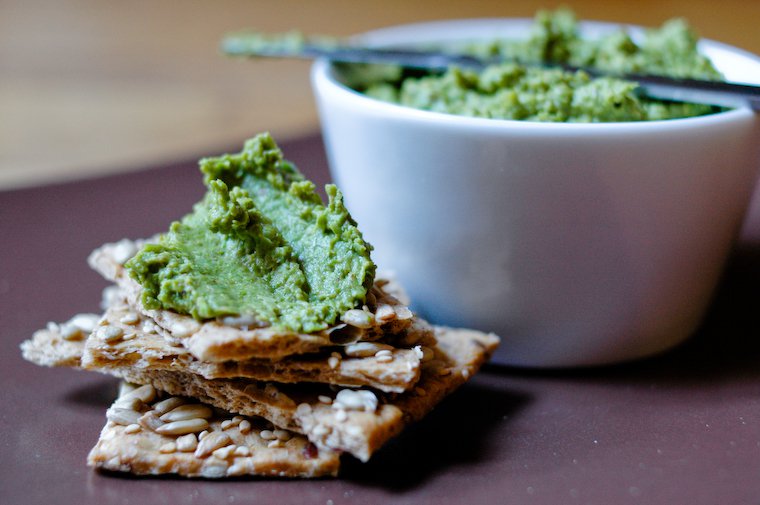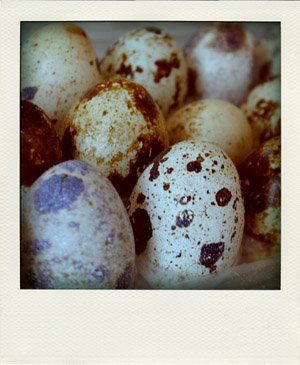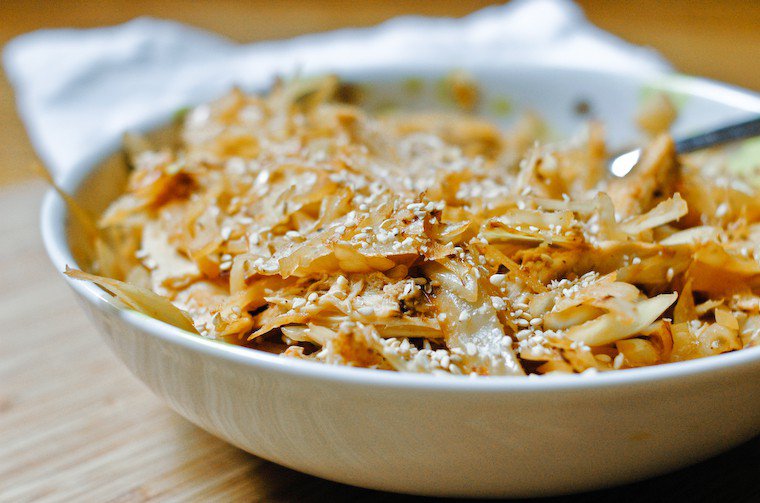A year ago today, my sister gave birth to a healthy baby boy; the next morning, Maxence and I were on a train to visit them at the hospital. He was the freshest newborn I’d ever held, and for weeks afterward, the most mundane display of emotion I witnessed — in a film, in a book, on the street — could make me weep. I was an aunt, and not just one in a dozen, either: that baby’s one and only aunt.
This unique position comes with great responsibility. Obviously I plan to be the really cool aunt, not the one with the prickly chin and the funny smell, and my strategy includes volunteering as the official birthday cake baker. And when we celebrated my nephew’s first birthday a little early — you can’t get hung up on exact dates when you live a Channel apart — this is what I baked.
The cake was moist, moderately sweet, and nicely aromatic — exactly what I was hoping to achieve.
Paul is too little to care much about a cake shaped like a train or Tintin’s rocket (though my father would certainly enjoy the latter), so I thought I would instead bake a simple one that might please a baby’s palate.
I followed Maxence’s not uncharacteristic suggestion of a gâteau au yaourt — a child-friendly cake if there ever was one — with two modifications: I sweetened it with maple sugar from a package of samples I recently received, and crowned it with thin slices of apple. This produced a moist, moderately sweet, and nicely aromatic cake — exactly what I was hoping to achieve.
And what did the birthday boy think? Well, the birthday boy chose to fall asleep before dessert. And since waking a baby from his nap to feed him cake is not something young parents are wont to do, the grownups partook of the cake in his honor. But my sister did feed him a sliver later that day, and she tells me he kept asking for more, so it seems it was a success — as were the gifts we’d chosen for him, a toy xylophone and a squeaky caterpillar.
Joyeux anniversaire Paul !








